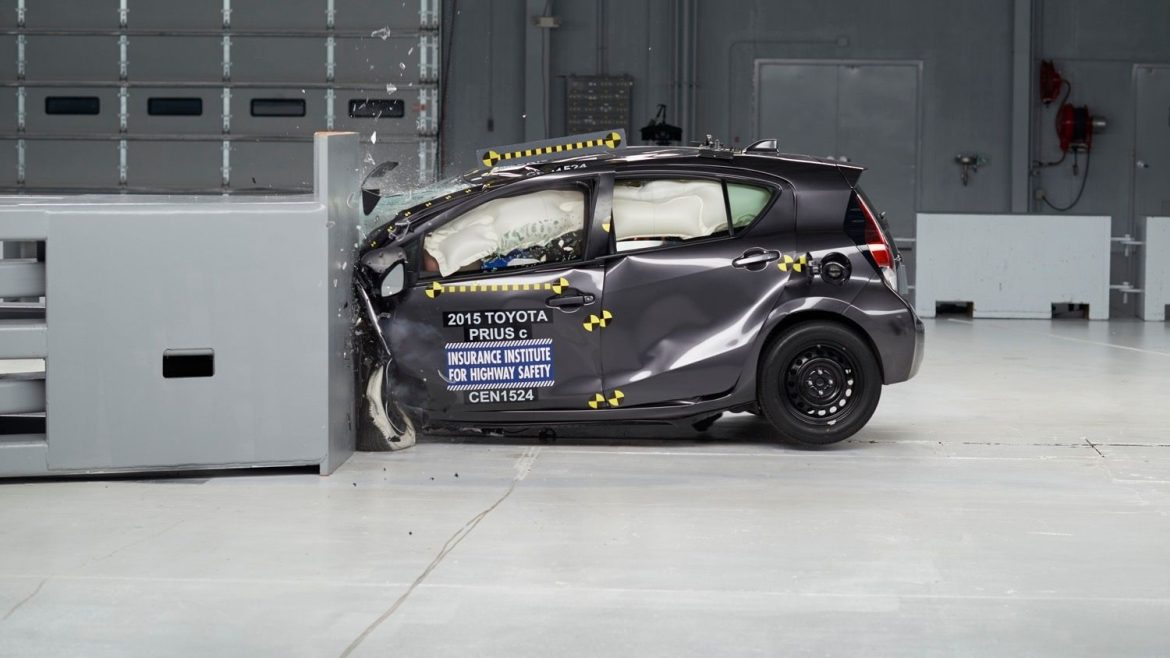In a bid to combat climate change and reduce dependence on fossil fuels, the Obama administration introduced higher gas-mileage rules for automobiles. However, this initiative has faced strong opposition from auto dealers who argue that these regulations would have detrimental effects on their businesses.
The Impact of Stricter Fuel Efficiency Regulations
Auto dealers contend that implementing stricter fuel efficiency standards would significantly increase the cost of vehicles, making them less affordable for consumers. They assert that such regulations would limit consumer choice by forcing manufacturers to produce smaller and more expensive cars with advanced technologies.
Furthermore, they argue that these regulations could lead to job losses in the automotive industry as manufacturers may struggle to meet the new requirements. Auto dealers fear that reduced demand for larger vehicles could result in decreased sales and potential closures of dealership establishments.
A Balancing Act: Environmental Concerns vs Economic Viability
While environmentalists applaud efforts to curb greenhouse gas emissions through improved fuel efficiency, auto dealers emphasize the need for a balanced approach. They suggest alternative strategies such as promoting electric vehicle adoption or investing in infrastructure development to support cleaner transportation options.
Moreover, auto dealers advocate for incentives rather than mandates when it comes to encouraging consumers towards greener choices. By offering tax credits or rebates on eco-friendly vehicles, they believe market forces can drive sustainable changes without compromising economic viability.
Negotiating a Middle Ground
To address concerns raised by auto dealerships while still prioritizing environmental goals, policymakers must engage in constructive dialogue with industry stakeholders. This entails finding common ground where both sides can work together towards achieving mutually beneficial outcomes.
Policymakers should consider providing financial assistance or transitional support programs aimed at helping auto dealers adapt their business models to the changing landscape. By facilitating the transition towards cleaner technologies, these measures can mitigate potential economic disruptions while still advancing environmental objectives.
Conclusion
The opposition from auto dealers against Obama’s higher gas-mileage rules highlights the complex nature of balancing environmental concerns with economic viability. While striving for improved fuel efficiency is crucial in combating climate change, it is equally important to address the legitimate concerns raised by industry stakeholders. Through open dialogue and collaborative efforts, policymakers can find innovative solutions that promote sustainable transportation without unduly burdening businesses or consumers.
